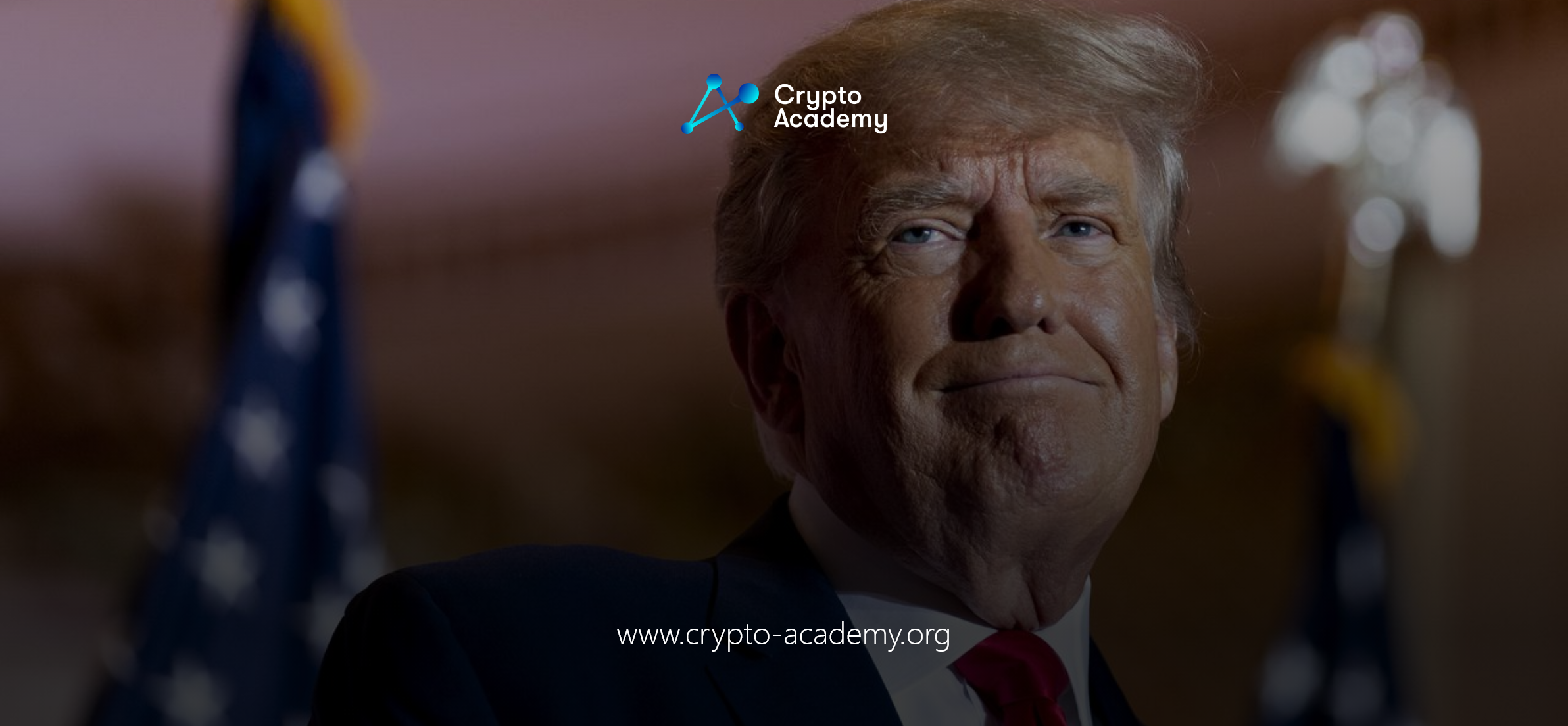Standard Chartered: Trump Election Boosts Bitcoin?

Standard Chartered recently released a research report suggesting that the rising risk of U.S. fiscal dominance and the Federal Reserve’s monetization of government debt could bolster cryptocurrencies. The bank posits that as the government exercises more control over the economy and inflates its debt, investors might pivot to alternative assets like cryptocurrencies for safety.
The report also touches on the potential impact of Donald Trump’s re-election. It hints that his administration could enhance the regulatory conditions favoring cryptocurrencies. A key factor here is the supportive environment Trump’s presidency might foster, possibly easing regulations and approving U.S. spot Exchange-Traded Funds (ETFs) for cryptocurrencies.
Bitcoin as a Hedge Against Fiscal Concerns
According to Geoff Kendrick, an analyst at Standard Chartered, three primary effects could emerge from U.S. fiscal dominance on the U.S. Treasury curve. These include a steeper curve between the nominal 2 year and 10-year rates, a larger increase in breakevens compared to real yields, and a rise in term premium. Kendrick notes that Bitcoin shows a positive correlation with these trends, indicating its potential as a protective hedge.
Furthermore, the bank anticipates that Trump’s potential second term might drive away foreign official buyers of U.S. Treasury due to fiscal apprehensions. During Trump’s first term, the average annual net sale of U.S. government debt stood at $207 billion, compared to $55 billion during Biden’s term. This could indirectly boost Bitcoin and other digital assets as investors seek alternatives due to fears of de-dollarization.
Standard Chartered remains bullish on Bitcoin’s prospects, projecting a target price of $150,000 by the end of this year and reaching up to $200,000 by the end of 2025. The bank’s forecast reflects an optimistic stance on cryptocurrencies as both a reaction to U.S. fiscal policies and a beneficiary of potential regulatory advancements under a second Trump administration.

Comments are closed.